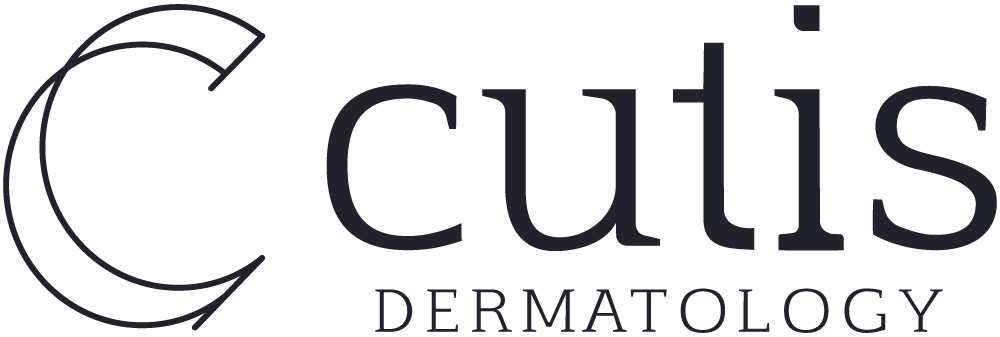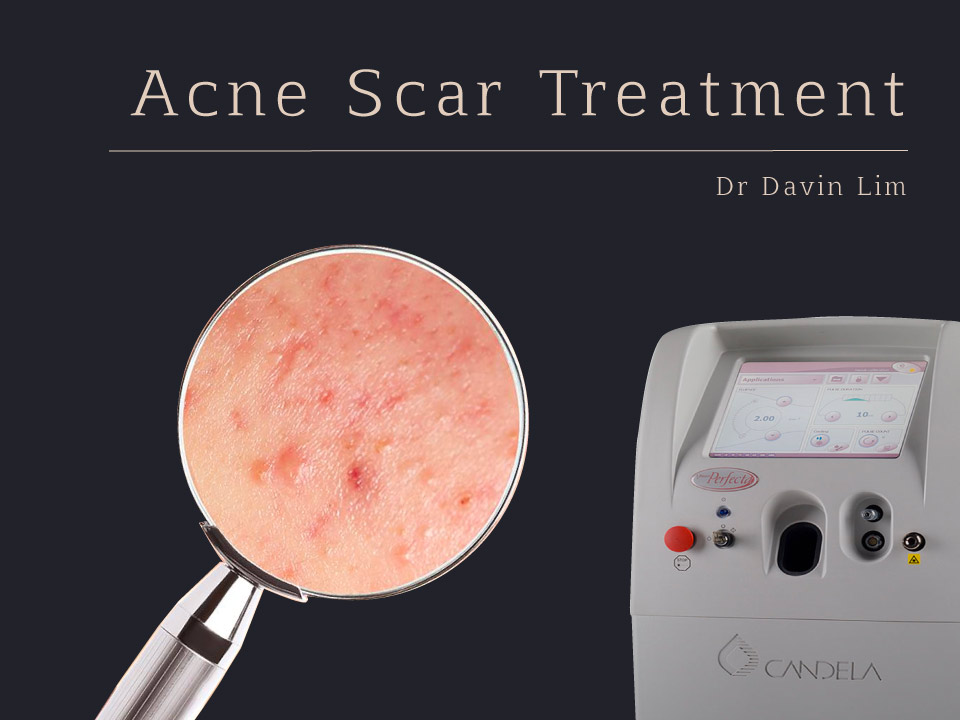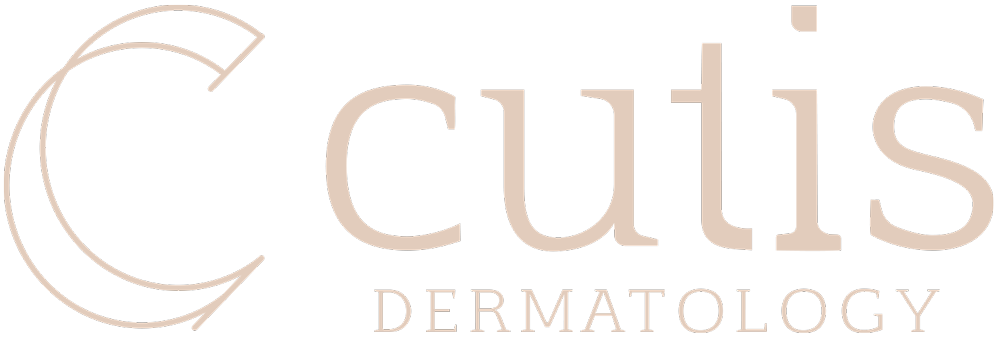Cutis Dermatology has the reputation as one of the world’s leading centres for scar revision. Our dermatologists are nationally and internationally recognized as experts in the field of scar revision, having treated over 8,000 patients over the past 15 years
Our highly effective acne scar treatment options include:
- Vascular lasers
- TCA CROSS
- Lasers for PIH Scars
- Subcision
- Fraxel Laser
- Genius RF Microneedling
Our results speak for themselves
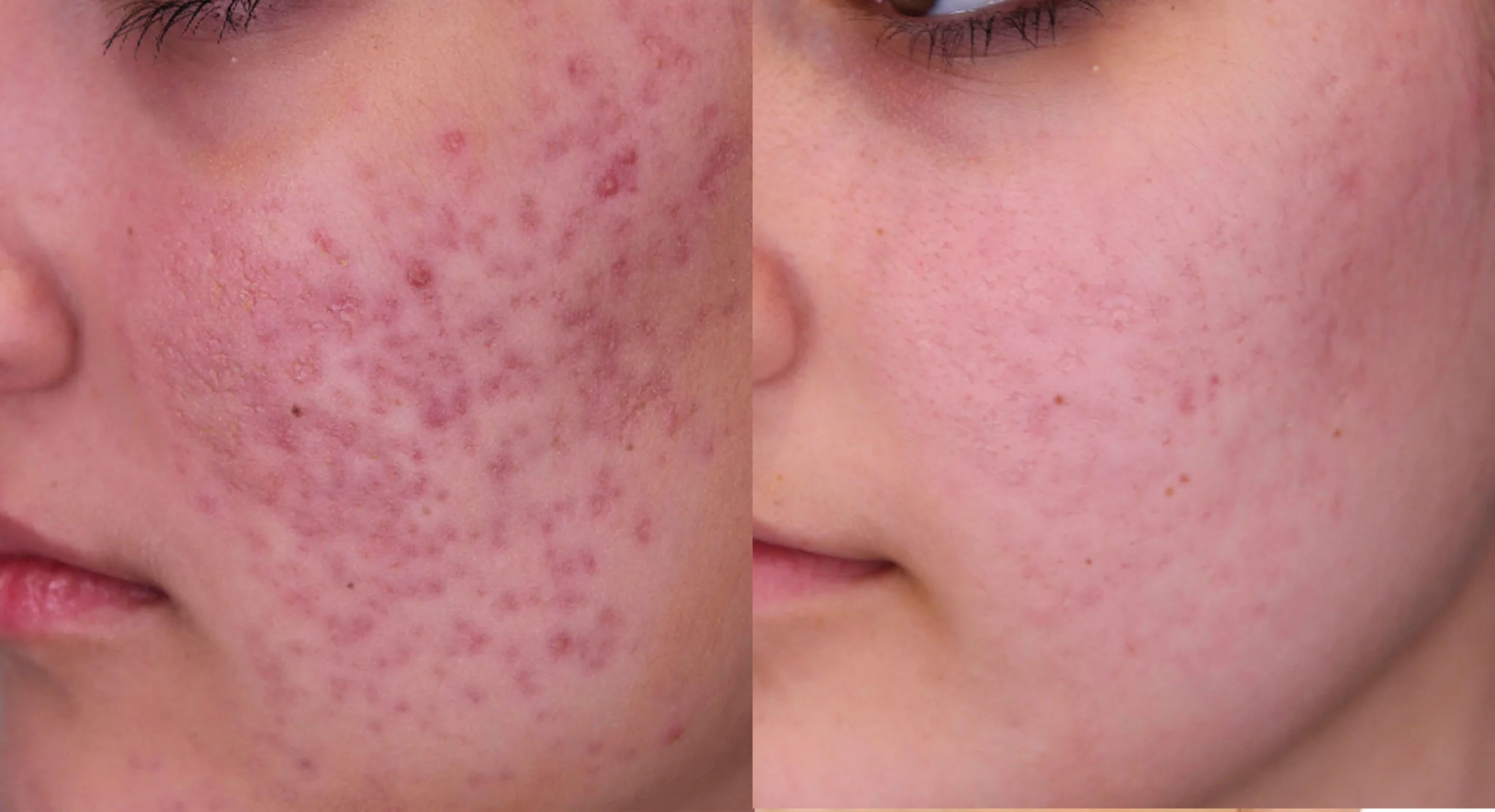
Before
After
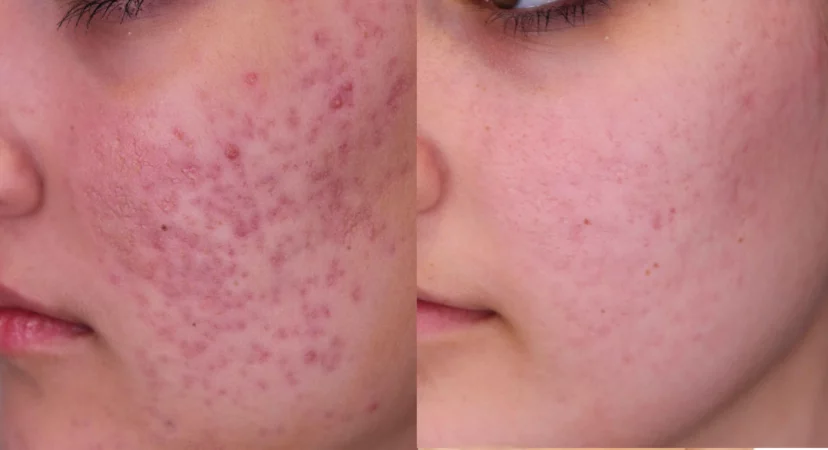
Vascular lasers for red marks & acne scars.
Ask us more about this treatmant
Preferred Consultation
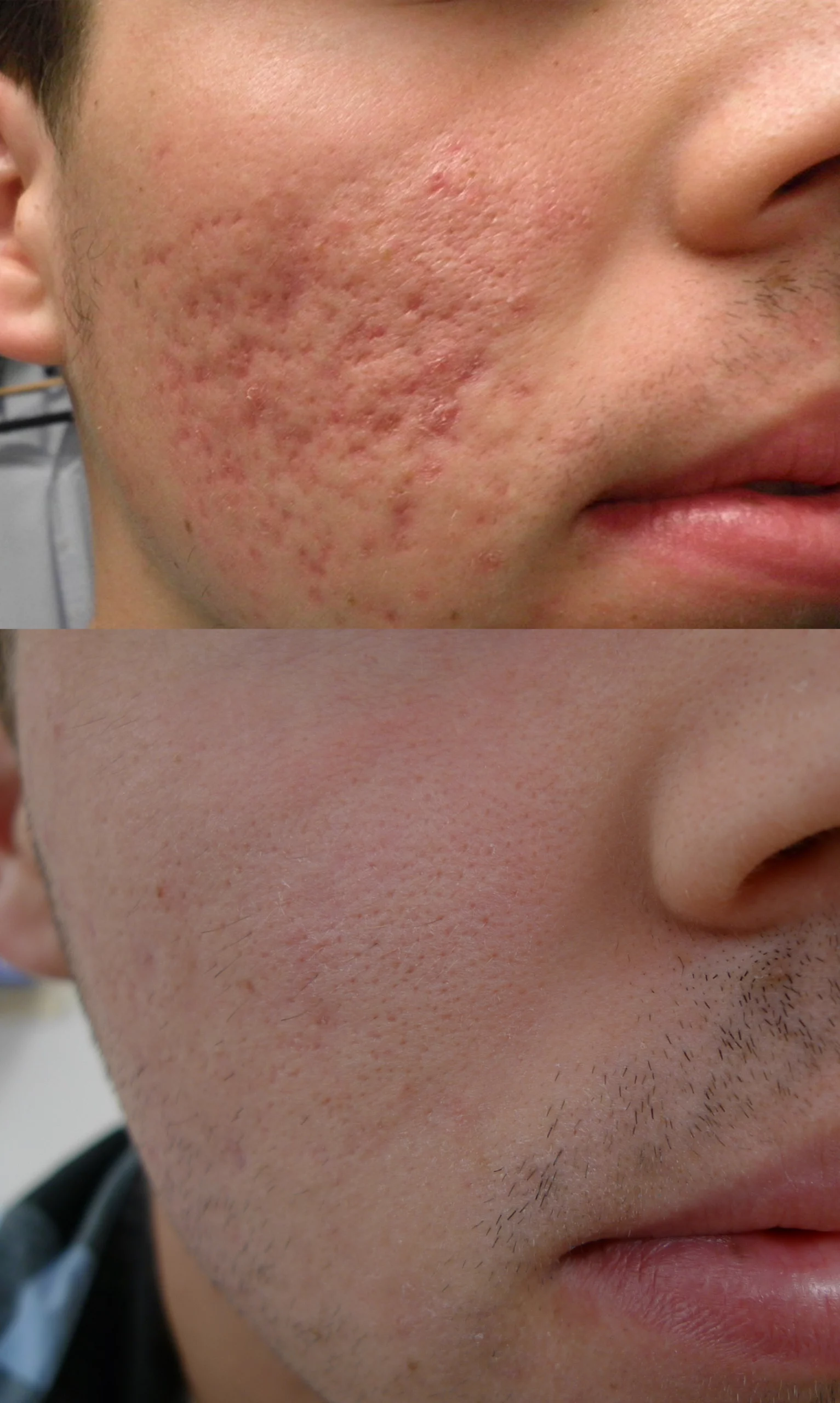
Before
After
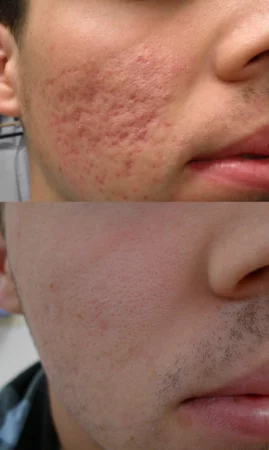
Fractional CO2 lasers
Ask us more about this treatmant
Preferred Consultation
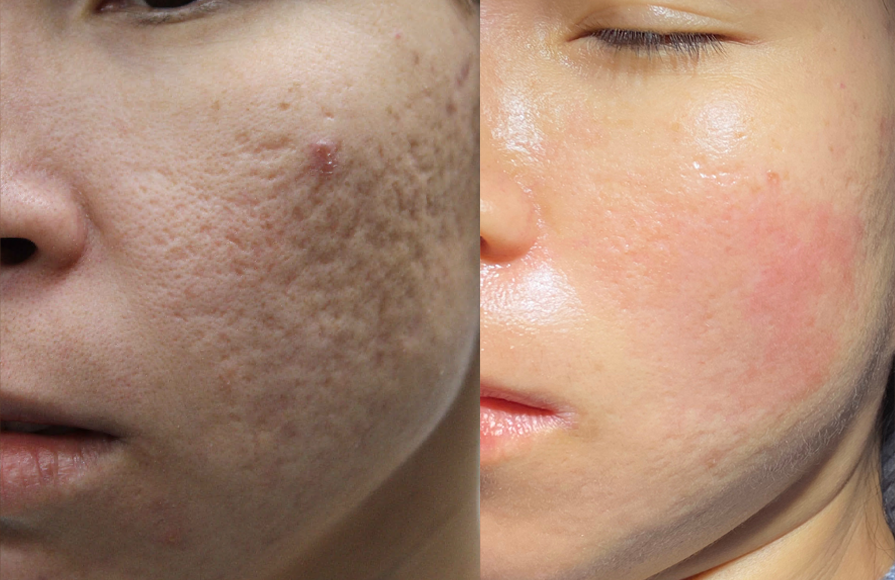
Before
After
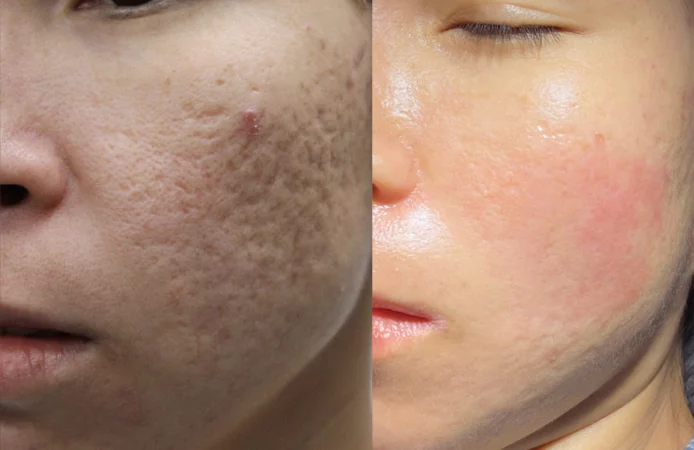
Laser resurfacing, TCA Paint, Subcision for severe acne scars. Asian skin type.
Ask us more about this treatmant
Preferred Consultation
Treatments for Acne Scars
World renowned scar treatments
How to approach acne scars
Our team of dermatologists assisted by experienced nurses have a reputation as one of the leading international centers for scar revision. Our specialists have published their work in leading journals, in addition to teaching other dermatologists in Australia & globally.
Understanding how dermatologists approach acne scars will give you a clear pathway to successfully removing scars. We tailor procedures based upon scar type, your skin color & your recovery time. We match treatments according to your scar patterns. Each scar type has an optimal treatment algorithm, & each patient has a unique scar signature.
Our lasers
Post acne marks, post inflammatory hyperpigmentation
Cutis Dermatology has the largest portfolio of lasers in the Southern Hemisphere. Our team has access to over 35 devices, including 5 CO2 lasers, 4 vascular & 2 picosecond lasers. This ensures we can best match your scar signature & skin type for maximum results & minimal side effects.
In over a third of cases, acne leaves behind hyperpigmentation. These marks persist for over 5 years. Pigment correctors such as ascorbic acid can speed up clearance, however the biggest breakthrough is pico laser. This laser can speed up pigment resolution 10 times faster. We can clear up most cases within 2-3 sessions.
Our scar revision method has one of the highest success rates as we match your acne scar type with the best possible revision methods. Our pioneering work has been published in leading international dermatology journals. Cutis Dermatology ranks as the go to clinic for scar treatments.
FAQs
Why Cutis Dermatology?
Cutis has the reputation as one of the world’s leading centres for scar revision. Our dermatologists are nationally & internationally recognized as experts in the field of scar revision, having treated over 8,000 patients over the past 15 years.
Our publications are not in Vogue magazine, but in leading dermatology & plastic surgery journals. Skill sets, combined with the very latest in laser technology ensures that patients are receiving the best results possible.
How do experts approach scar revision, & how is this different from other clinics?
Dermatologists approach scar revision based upon the depth & type of scars. We carefully examine your skin under direct & angled lighting. We palpate the skin to understand issues like laxity & turgor. In some cases, we will ask you to animate to look for tethers & attachments.
Once examined, we formulate a treatment plan based upon examination. No two treatments are alike as each patient has a unique map.
What treatments are there for acne scars?
Our dermatologists and nurses perform revision based upon matching treatments to the scar type. These include-
- Deep focal peels: TCA or Phenolic acid. This is known as CROSS or paint.
- Laser resurfacing (full ablation): Erbium or CO2 lasers
- Fractional lasers: MixTo, eCO2, CORE 2, Ultrapulse Deep Fx, Scar Fx, Fraxel
- Subcision: Nokor, blunt cannula, hypodermic, Taylor, dove-tails
- RF microneedling using the Genius RF or Lutronic Infini
- Microneedling with Dermapen, SkinPen & dermarollers
- Nano RF treatments; older eMatrix series
- Surgical: Punch elevation, excision, grafting, dermal grafting, fat transfer, micropigment transfer
- Micrografting for hypopigmented or white scars.
- Pico lasers for dark scars or PIH
- Vascular lasers for red scars or marks.
- Surgical excision for linear & deep ice pick scars.
Steroid injections for raised scars.
What are the common scar types?
Knowing your scar types is the very first step to effective scar treatments. More on that below. Acne scars can be divided according to the depths.
- Shallow scars include boxcar scars, pick, shallow pits, polymorphic & linear scars.
- Deep scars include deep ice picks, rolling & larger volume atrophic.
The level of scarring will determine the next step, which is matching the scar type to the optimal treatment/s.
Scar typing can be complex, so if you need some help, book an appointment with our nurses or dermatologists.
How to match scar types to treatments?
This is where the magic happens. Providing you are accurate with scar typing, matching the most appropriate treatments will give you a predictable result (providing execution of the procedure is correct).
Ice pick scars can be treated with: Surgery, sharp subcision, TCA / Phenol or small spot lasers to the side walls.
Boxcar scars are treated with: TCA or phenol paint, lasers, RF microneedling or microneedling (not as good).
Polymorphic scars are treated with: TCA partial paint, fractional lasers, RF microneedling.
Saucer scars are treated with: subcision and or dermal fillers.
Deep rolling scars are treated with: surgical subcision or deep RF microneedling/ deep fractional ablative lasers.
Shallow picks & pits can be treated with lasers, RFM, microneedling & peels.
* If you are uncertain about scar types, book a no obligation consultation with our clinical nurses. Alternatively book a consultation with our dermatologists. A consultation fee applies if seen by a specialist.
What is the best laser for acne scars?
CO2 lasers are best, that is why we have 4 types of CO2 lasers.
- Ultrapulse Deep Fx & Active Fx: for lighter skin types
- eCO2 : for darker skin
- CO2RE: for fine work
- Mixto: for mixed scars in medium skin tones
In some cases, we use erbium lasers, both in fully ablative & fractional settings. In severe scarring we use hybrid lasers, most often erbium with CO2 fractional.
Learn more (Link to the CO2 laser in the acne scars section)
Do we microneedle acne scars?
Yes, microneedling is useful for mild hypertrophic scars, especially when combined with anti-inflammatory medications. Microneedling can be a non-specific treatment for mild rolling & boxcar acne scars.
Learn more (Link to microneedling in the ACNE SCARS section)
What is RF microneedling & how is it different from microneedling?
RF stands for radiofrequency. This device emits pulse energy at the tip. Energy is transferred as heating, & heating stimulates proteins called HSP or heat shock protein. HSP accounts for the marked scar remodelling seen with RF treatments. Heat is not generated with normal microneedling.
Our dermatologists have experience with Infini, Intensif, Intracel, Secret, & Morpheus 8, however we are currently using the Genius RF as this has better power, insulation & tissue resistance monitoring capabilities compared to other systems.
RF microneedling is a good adjunctive treatment for rolling scars, though it can improve boxcar scars & shallow ice picks.
Learn more (link to radiofrequency microneedling in the acne scars section)
When do we use dermal fillers for acne scars?
When you cannot generate enough collagen using your own immune system to do so. If you have large holes or atrophy, your body may not be able to generate enough collagen to repair atrophic scars. This can be related to genetics, age, health (smokers) or diet. In most cases it is idiopathic or unknown.
If you still have atrophic areas that will not improve despite the best attempts, consider dermal fillers. We use both HA fillers & collagen stimulating dermal fillers (preferable). We also use fat transfer & adipose stem cells, however fat is not as malleable or as stable as fillers.
How predictable are outcomes?
We can predict the outcomes in 85-90% of cases. Our team will give you realistic timelines, costs, and outcomes based upon your scar pattern. 3 caveats apply-
- Inflammation matters. If you have background acne, you are compromising your revision process. Scar revision is about building collagen. If you have inflammation (even a small amount), your potential for regeneration is limited. You will be warned throughout the revision process if your acne is active. We have a medical team that deals with acne treatments.
- Immune response is variable between individuals. Some patients are more efficient at building collagen, others lie to the left of the bell curve.
Age matters. The older you are, the less efficient you are at building collagen. Additionally support for the overlying scars are diminished.
What is the cost for acne scar revision?
We have tiered costs to ensure that everyone can afford scar revision. In some cases, Medicare & private health insurance will cover some, or the majority of costs.
For non-surgical management of scars, our team of nurses can provide cost effective solutions including deep focal peels, lasers, dermal fillers, RF microneedling & more.
Our nursing team provides a FREE* consultation service at our Brisbane clinics (redeemable with procedures). Alternatively, book a consultation with our dermatologist. For Medicare claims, referrals are mandatory.
How do dermatologists approach scars in darker skin types?
Scar revision in darker skin types is much more complex because of two reasons-
- PIH or skin darkening can occur with peels & lasers (loss of pigment is rare).
- Hypertrophic and keloid scars are more common in darker skins.
On this basis our dermatologists use special lasers, energy devices & peel concentrations. In many cases we prescribe pigment correctors post treatment. As a rule, darker skin patients require 2-3 more sessions compared to lighter skin counterparts.
Learn more (link to the Post inflammatory folder in the acne scars section)
What are the potential risks of scar revision?
Scar revision carries a small risk of adverse events. These should be differentiated from expected outcomes and heal times. These include-
- Infection; rare. About 1-3 % of cases. Easily managed.
- Prolonged pigmentation changes, more common in darker skin ethnicities.
- Idiosyncratic scars: very rare, less than 2% of cases, treatable.
- Bleeding, haematomas: 2-5% depending on the instruments & procedures.
Your treating specialist will discuss specific risks, based upon the procedure.
What is the end point of scar revision?
Our clinic works via objective endpoints. This means we strive to achieve the following goal- to get you to understand and realise that ‘the end point is achieved when others do not see your scars.’
The goals are achieved when in normal lighting, others do not get distracted by facial scarring. Subjective improvements are secondary gains. BDD(body dysmorphic patients) patients visualize scars that normal individuals (family/friends) cannot see. These patients are best seen by a psychologist or a psychiatrist. Providing you are under the care of these specialists we may elect to treat you with appropriate modalities.
What should you consider before undertaking acne scar revision?
Undergoing scar revision is an investment of time, effort, and money for patients. Here are some helpful points that may help you along your journey.
- Always control your acne. You will go infinitely faster & better with any scar revision treatment. This means absolute (or almost absolute control), it does not mean ‘much better than before.’ If you have inflammation, your collagen remodeling is compromised. If in doubt, seek professional advice from our dermatologists and nurses.
- Time. Collagen remodelling does not occur in weeks, but months. You must be committed to the timeline & treatment plan.
- Sun protection is paramount. It does not mean you can’t go out in the sun, it means sun protection is important. SPF 50+ twice a day regardless of exposure. If a 50 ml bottle lasts longer than 3 weeks, you are not using enough sunscreen.
- Darker skin type; you may require more sessions compared to lighter skin. In some cases, we will expectedly darken your skin but will come up with solutions to lighten it back to normal.
- Costs. If cost is an issue, our nurse led scar clinic can provide you with cost effective treatment options. This way you can budget your spend & maximise your gains.
- Settings of laser / devices matter. Lasers are just tools to get the job done. Parameters are crucial for best outcomes. Additionally, using the best brands are super important.
